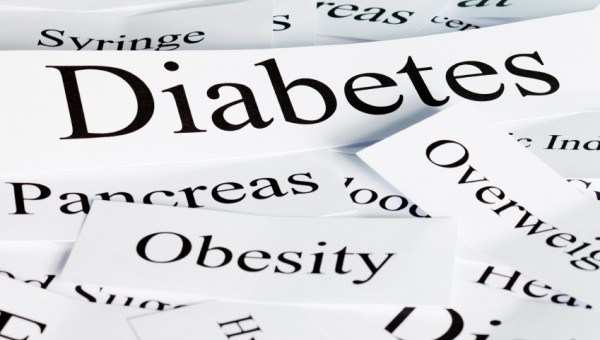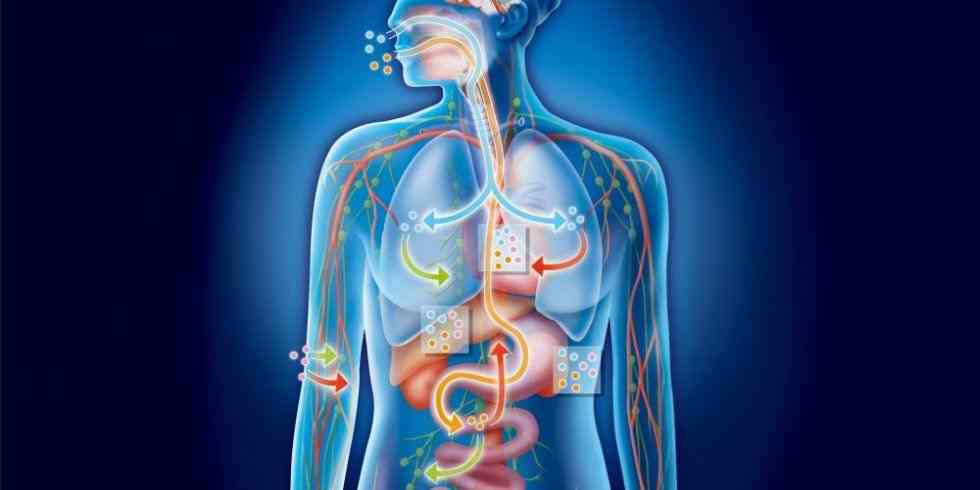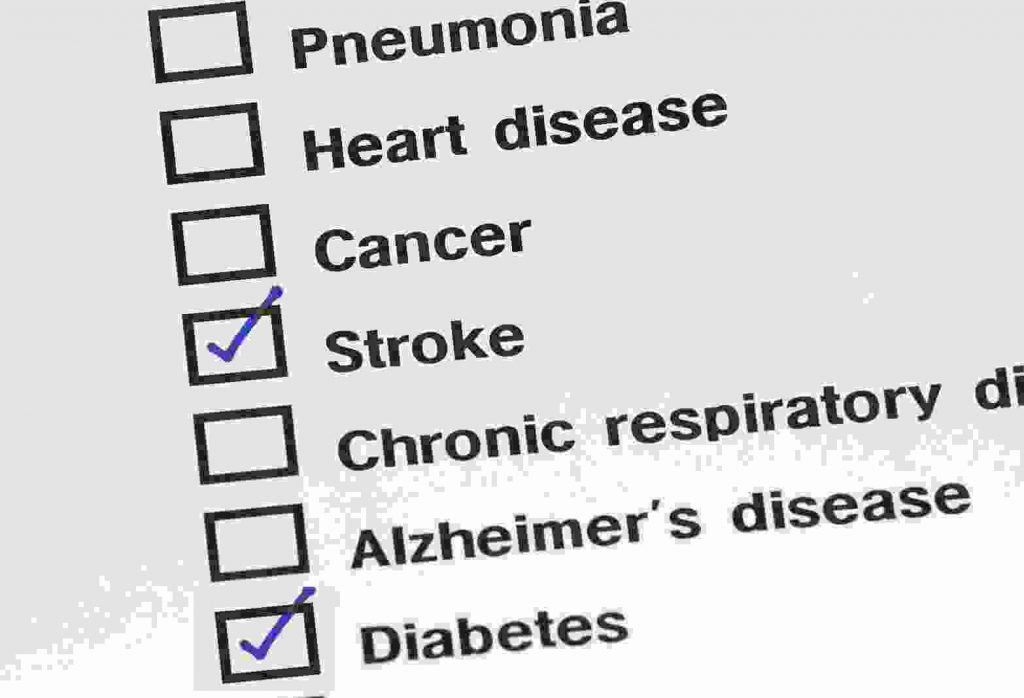Diabetes is a life threatening disease in which the body is unable to process food and use energy from the dietary supplements. The vast majority of the sustenance we eat is transformed into glucose, or sugar, for our body to utilize energy. The organs that lay close to the stomach such as the pancreas make a hormone known as insulin to enable the passage of glucose into the cells of our bodies.
Insulin and Glucose
To comprehend diabetes, you initially need to think about how your body utilizes a hormone called insulin to deal with glucose, a basic sugar that is its primary wellspring of energy. In diabetes, something turns out badly in your body that you don’t create insulin. In this way, your body delivers elevated amounts of blood glucose, which acts on numerous organs to produce the indications of the illness.
How Your Body Controls Glucose
Since diabetes is an infection that influences your body’s capacity to use glucose, how about we start by taking a look at what glucose is and how your body controls it. Glucose is a primary sugar that gives vitality to most cells in your body. The body cells are organs that take in glucose from the blood and separate it for energy such as a few cells, similar to brain cells and red platelets, depend exclusively on glucose for fuel. The glucose in the blood originates from the food supplement that you eat.
When you eat food, glucose gets retained from your digestive organs and conveyed by the circulatory system to the majority of the cells in your body. Your body tries to keep a steady supply of glucose for your cells by keeping up a consistent glucose concentration in your blood – or else, your cells would have all the possibly needed glucose directly after a dinner and starve in the middle of suppers and overnight. Along these lines, when you have an oversupply of glucose, your body stores the abundance in the liver and muscles by making glycogen which is referred to as long chains of glucose. At the point when glucose is short in your body, your body cells activate glucose from the stored away glycogen or potentially invigorates you to eat more food. The most important aspect is to keep up a consistent blood-glucose level.
To keep up a constant blood-glucose level, your body depends on two hormones made in the pancreas that has inverse actions: insulin and glucagon. Insulin fortifies liver and muscle cells to store glucose in glycogen. Likewise, there are two sorts of diabetes which are type I and type II diabetes.
Conclusion
To completely comprehend both type I diabetes and type II diabetes, it worth recalling their particular qualities. Type I diabetes is truly the body’s failure to make enough insulin to incite cells and organs to remove sugar from the blood as energy along these lines leaving sufferers dormant, tired and confronting numerous other therapeutic symptoms. Type II diabetes is a circumstance where the body moves toward becoming insulin tolerant which implies that adequate insulin is being made, in a typical situation, however, the body is not responding to the signs from insulin which should incite it to withdrawal sugar from the blood. As a result, once more surfers will feel lazy, tired, create overabundance urine and other medical side reactions.



